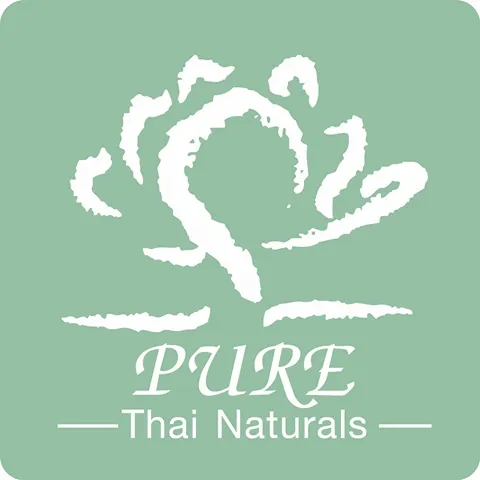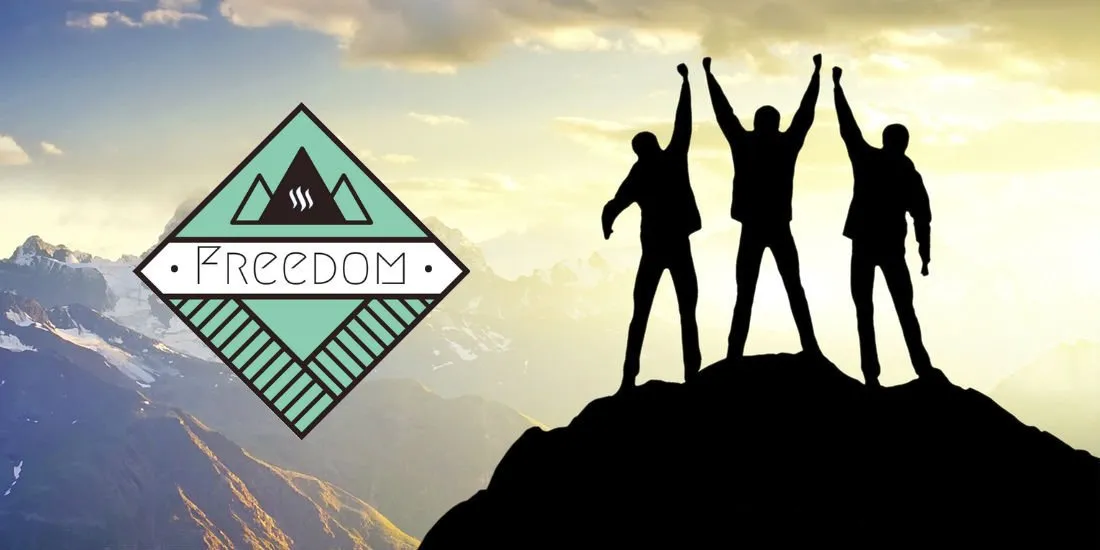"I don't want you to do that Thai respect 'thing' to me - I'm your MOTHER!" Possibly the most culturally inappropriate thing a mother living in Thailand and raising a half-Thai child here can shriek. But I (deep sigh) am guilty of having shrieked it more than once Well, maybe not quite shrieked, but I may have uttered it forcefully from a place of frustration and feeling misunderstood. I want my daughter to honour me because she chooses to and loves me, not because it is expected and everyone else is doing it.
Before you ARRIVE in Thailand, the guidebooks and websites will start telling you all the "Respect" rules. How you have to "Wai" (think the Namaste hand thing) and how many levels of 'respect' even the simple "wai" has, depending on who wais to whom.

It is ingrained, and everywhere "respect" is required and mandated.
Sometimes it comes from profound feeling, devotion and is given with deep regard:

Often more from habituated ideas related to class, religion, gender and position:

And sometimes it's just a tacky, cultural point of differentiation:

But it IS mandated. From everyone. At the movies, after the ads and before the screening of the feature, EVERYone must rise for the national anthem. At the conclusion of the song, watch the heads: the Thai people bow their head before they sit, as a mark of respect. Fail to do this and watch the cool withdrawal from Thai people, who will mentally label you as "disrespectful" but never speak it. This stuff matters when you live and work here. Service might be terrible or you will be simply refused in a shop or restaurant for being "disrespectful".
And yet rarely are any of these rituals actually, really Respect. Mostly, they are pure and simple DEFERENCE. What is "deference"? "Respect and politeness because of experience, knowledge, age or power."
And so when my child is asked to prostrate or wai her Teacher annually (and it IS required of every Thai student) it is NOT a show of respect, it is a ritual of deference. But we call it respect.

The longer I live here in Thailand, and the more I grapple with rituals of deference that I am obliged to perform, the more I FEEL and applaud the REAL gestures of respect. They are many, genuine and often unexpected, and the essence of what the form was meant to mean, when it all started.
"The Awake, Aware, Eternal-Now, Divine Part of Me Honours and Acknowledges the Awake, Aware, Eternal-Now Divine Part of You. We Are One."

Or, as my Rasta friends love to oh-so-perfectly say, "One Love"
In a society where Rituals of Deference are required and expected, the lack of them is an even more profound disrespect.
In the last week I had occasion to witness a very proper, Buddhist Thai woman prance off to the House Blessing ceremony of a Thai lawyer and Arjun-teacher. She was attired in the Thai-worker indigo blue (to accentuate the gap between her humble and his esteemed self) and carried a rather showy, officiously large pot of blooming orchids as a gift.
Just days later I arrived at the same lady's home with my indigenous Karen leader friend in tow. He is 65 years old, an acknowledged, senior indigenous leader and has given a lifetime of almost unpaid service in to the Karen people. No wai, no greeting. No coffee was served, no invitation to sit and wait. No pleasantries. Within this humble man's hearing she talked about him and referred to him (and our awaited appointment) as "two stupid old men". He sat stony faced and didn't flinch. The two Thai service people within earshot laughed. It is (sadly) accepted in contemporary Thai culture that demeaning an indigenous person is OK, because they are politically, socially and even officially less than 'real' Thai people in terms of everything from the amount they are allowed to be paid, to their legal lack of free movement despite having a visa.
In a culture where even shops serve a glass of cool water to potential customers, the withholding of simple mandated rituals is profoundly disrespectful. On our return journey to the city, I apologized to him for the lack of respect shown, and was surprised at the torrent of comment it unleashed from this typically quiet and reserved man. He spoke of how Thai people routinely treat him like that because of his ethnicity and how he has become used to it. It makes him sad. And I felt the accumulation and damage each incident over his lifetime has done to his sense of self so acutely that it was painful.
And so I, who have struggled with, resented and resisted so many of the mandated rituals of deference in Thailand, have LEARNED in the last week how much they mean to some people on the margins, and how the offering of that wai, the cool glass of water or that cup of coffee whilst one is waiting is actually a GIFT I make from choice, ultimately. As a mark of respect.
Respect comes from an open & compassionate heart that IS able to see the Buddha, the Divine, the Flow of Life in each living Being. Regardless of who they are. Never to be confused with the elaborate social rituals of deference.
This post was written in response to @ecotrain's Question of the Week about Respect and What It Means to Me.





